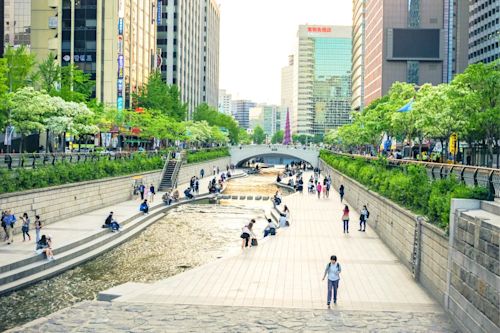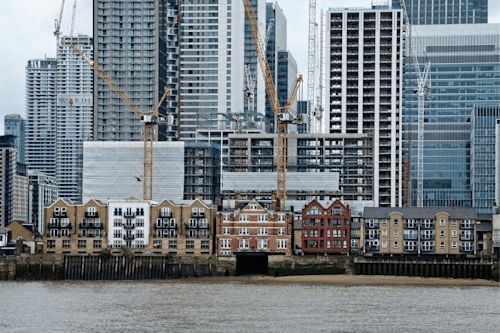These 5 Latin American Cities Are Embracing A Smart Future

dormakaba Editorial Team

dormakaba Editorial Team
dormakaba is one of the top three companies for access control and security solutions in the global market. The dormakaba Editorial Team is overseen by Rafael González-Palencia (Digital Editor), and Patrick Lehn (Senior Manager, Group External Communications).
Related articles

Urbanization
Cheonggyecheon: How a Reclaimed River Brought Life to Seoul
South Korea's story is one of phenomenal economic growth and rapid urbanization. Following the devastating Korean War between 1950 and 1953, in just a few short decades, Seoul transformed from a war-torn city into a bustling megacity, as South Korea flourished as a global leader in technology and innovation.

Urbanization
Cultural and Political Gentrification: How Urban Spaces Can Survive to It
Urban renewal through gentrification sparks debate—growth for some, displacement and cultural loss for others.

Urbanization
Storm Tanks: The First Line of Defense Against Catastrophic Floods
Climate change brings shorter, heavier rainfalls, boosting flood risks. Storm tanks help by storing and gradually releasing excess water.